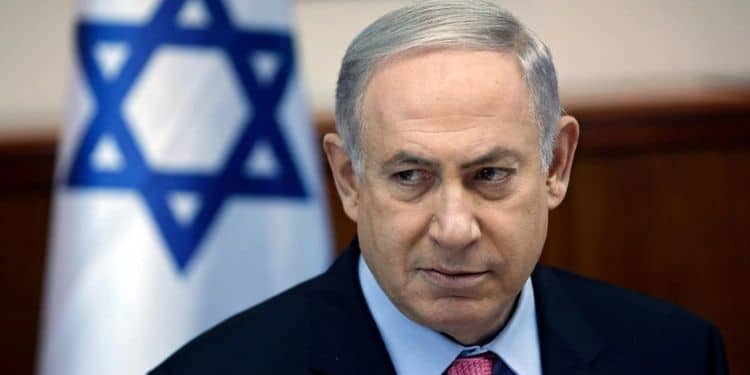JERUSALEM, Aug 8 — Israeli Prime Minister Benjamin Netanyahu said Tuesday the military would move to take control of all of Gaza. The comments came during a televised interview with Fox News ahead of a security cabinet meeting.
Netanyahu said Israel aimed to remove Hamas from the Gaza Strip, describing the offensive as a step toward what he called the territory’s “liberation.” He said that once Hamas was removed, Gaza would be governed by local Arab forces with international support, not by Israel.
The Israel Defense Forces currently operate across most of Gaza but have not entered the remaining Hamas strongholds in Gaza City and Khan Younis. The military says it has taken control of roughly three-quarters of the Gaza Strip.
Israeli officials have said privately that the remaining ground operation would carry a significant cost. Army leaders have warned about the strain on reservists and concerns over prolonged deployment in Gaza.
The proposed offensive comes as talks for a ceasefire remain stalled. Israeli negotiators have not reported any breakthrough in discussions mediated by Qatar and Egypt.
Netanyahu has dismissed proposals to pause the military campaign without securing the release of remaining Israeli hostages. Government records show more than 100 people remain in captivity in Gaza.
Hamas has rejected demands for a phased release of hostages in exchange for a temporary ceasefire. The group has said it will only enter final negotiations after a full Israeli withdrawal.
Military and Political Pushback: Deepening Rifts
Israel’s military command has expressed concern about the political order to escalate operations in Gaza. Chief of Staff Lt. Gen. Herzi Halevi and other senior officers have warned that the prolonged deployment is affecting readiness on other fronts and straining forces.
In internal meetings, military officials pointed to personnel fatigue and the risk of overextension. Reservists, who make up a large part of the combat force in Gaza, have been serving months beyond initial call-up periods.
Lt. Gen. Halevi said open debate within the military was necessary, according to a recording leaked to Israeli media. He stated the army had “clear professional assessments” regarding the cost and consequences of deeper occupation.
Political divisions have widened. Opposition leader Yair Lapid said the plan to take full control of Gaza was “a bad operational, moral, and economic idea.” His statement followed Netanyahu’s public comments on reoccupying the territory.
Families of Israeli hostages have also voiced opposition. A representative of the Hostages and Missing Families Forum said additional ground offensives without an agreement would endanger lives. Protesters assembled outside the Defense Ministry in Tel Aviv on Wednesday, calling for talks to resume.
Also Read: Israel’s Plans for a Full Occupation of Gaza Would Pave the Way for Israeli Resettlement
More than 250 Israelis and foreign nationals were abducted in the October 7 cross-border assault led by Hamas. Israeli authorities say 120 remain in Gaza. At least 41 have been confirmed dead, according to military updates.
Civilian Toll and Infrastructure Collapse in Gaza
On Aug 8, at least 27 deaths on Wednesday following overnight Israeli strikes across central and southern areas of the enclave were reported by Health officials in Gaza. Most casualties occurred in Deir al-Balah and Rafah, said the Hamas-run Health Ministry.
The Gaza Government Media Office said total fatalities since October have surpassed 38,000. The figure includes combatants and civilians. The UN has not provided an independent death toll.
Footage verified by multiple agencies showed bodies pulled from rubble in al-Nuseirat and Khan Younis. Shortages of fuel, oxygen, and surgical supplies are reported by local hospitals.
80% of Gaza’s population remains displaced, said The United Nations Relief and Works Agency (UNRWA). Shelters are overcrowded. Access to food and clean water is limited. Aid convoys entering from Egypt and Israel remain restricted due to security checks and ongoing combat operations.
The World Health Organization reported that just 13 out of 36 hospitals in Gaza remain partially operational. Power outages continue in most areas. Communications networks remain unstable, hindering emergency coordination.
Also Read: UK and France Pledges Won’t Stop Bombing Gaza – But Donald Trump or Israel’s Military Could
Israel has defended its strikes as targeting Hamas infrastructure. The military said it hit weapons depots, command centers, and tunnels. Hamas denied the use of civilian sites for military purposes. None of the claims has been independently verified.
International Response and Diplomatic Stalemate
UN Secretary-General António Guterres called for an “immediate humanitarian ceasefire” during remarks to the Security Council on Tuesday. He said ongoing military operations in Gaza were creating conditions “that violate the basic principles of humanitarian law.”
Egypt and Qatar, acting as mediators, said no progress had been made in talks between Israel and Hamas. Cairo’s foreign ministry said negotiations were “ongoing but stalled.” Qatari officials said Hamas remains unwilling to release hostages without a commitment to full Israeli withdrawal.
The United States has maintained its support for Israel’s claim to self-defense. However, the U.S. State Department spokesperson said Washington had “urged restraint” in targeting densely populated areas. President Joe Biden has not commented directly on Netanyahu’s latest statements regarding full military control of Gaza.
France and Spain issued a joint statement urging both sides to return to indirect negotiations. Germany restated its stance that freeing the hostages should come first. Turkey condemned Israel’s expanded operations and accused it of targeting civilians.
The International Criminal Court said it is reviewing new evidence from southern Gaza. Prosecutor Karim Khan’s office confirmed the material relates to strikes carried out in Rafah between July 29 and August 3. Israel is not a party to the Rome Statute and does not recognize ICC jurisdiction.
Israel’s foreign ministry rejected the ICC probe, calling it “politically motivated.” Hamas has not publicly responded to the inquiry.
Follow our WhatsApp Channel and X Account for real-time news updates.


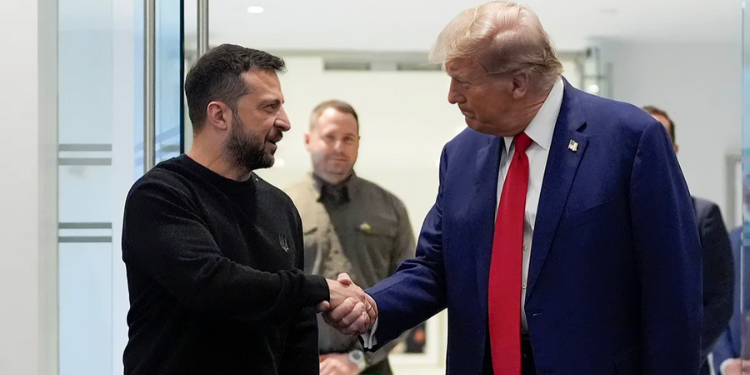
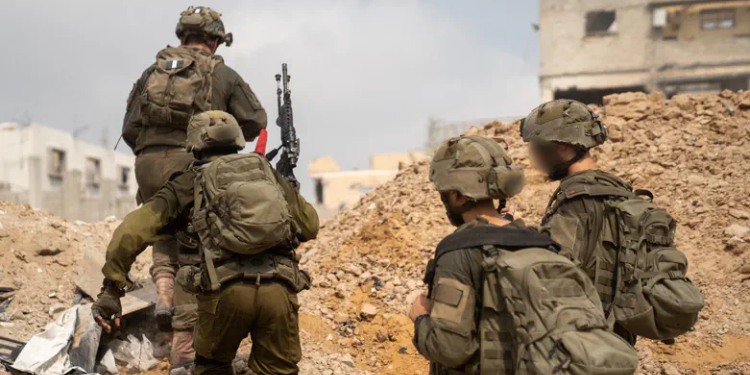

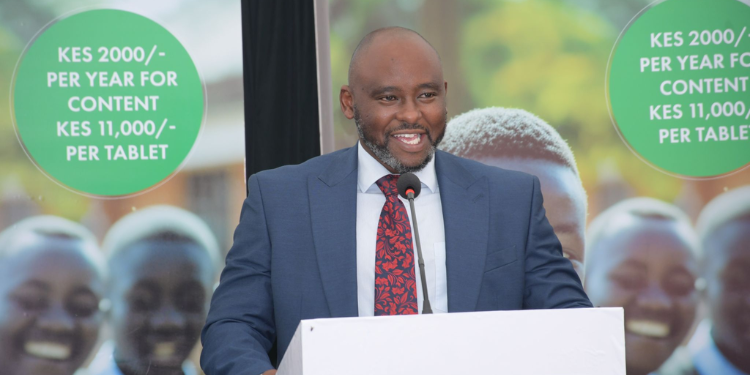











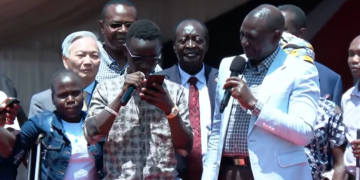

































![Senator Allan Chesang And Chanelle Kittony Wed In A Colourful Ceremony [Photos] Trans Nzoia Senator Allan Chesang With Channelle Kittony/Oscar Sudi]( https://thekenyatimescdn-ese7d3e7ghdnbfa9.z01.azurefd.net/prodimages/uploads/2025/11/Trans-Nzoia-Senator-Allan-Chesang-with-Channelle-KittonyOscar-Sudi-360x180.png)



















